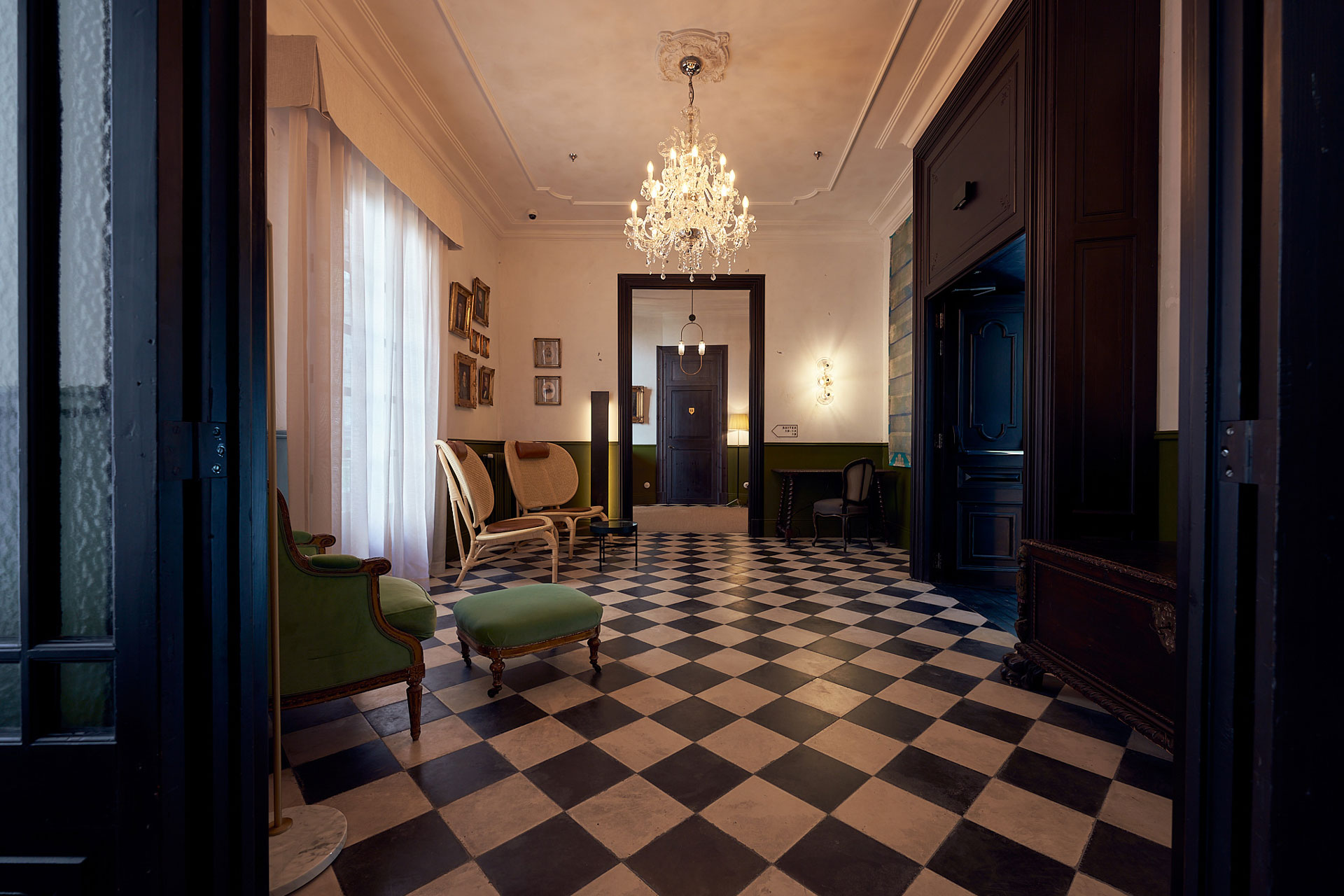Luxus ist wahrscheinlich eines der am häufigsten verwendeten Konzepte in der Welt des Tourismus. Wenn wir nach der Definition suchen, die so anerkannte Organisationen wie die Königliche Akademie der spanischen Sprache verwenden, finden wir eine Beschreibung, die etwas veraltet erscheint: „Überfluss an Schmuck oder an Annehmlichkeiten und kostbaren Gegenständen“.
Der Journalist Juan Carlos Rodríguez, seit mehr als zehn Jahren Mitarbeiter der spanischen Beilage Fuera de Serie, erinnert sich: „Nach der Wirtschaftskrise von 2008 ist Luxus weniger arrogant, protzig und exhibitionistisch. Wir suchen nicht mehr so sehr nach dem „Brilliant“, sondern vielmehr nach der authentischen Erfahrung und, wenn möglich, der Transformation ins Persönliche.“
Angesichts dieser Dichotomie wollten wir aus der Hand mehrerer Experten auf diesem Gebiet herausfinden, was das Wort Luxus für sie wirklich bedeutet und was Nutzer von Luxus- und High-End-Hotels wie Can Bordoy Grand House & Garden (Mallorca) suchen, vor allem wenn sie sich bereit erklären, für eine Nacht zu bezahlen, was viele andere für einen ganzen Aufenthalt zahlen.
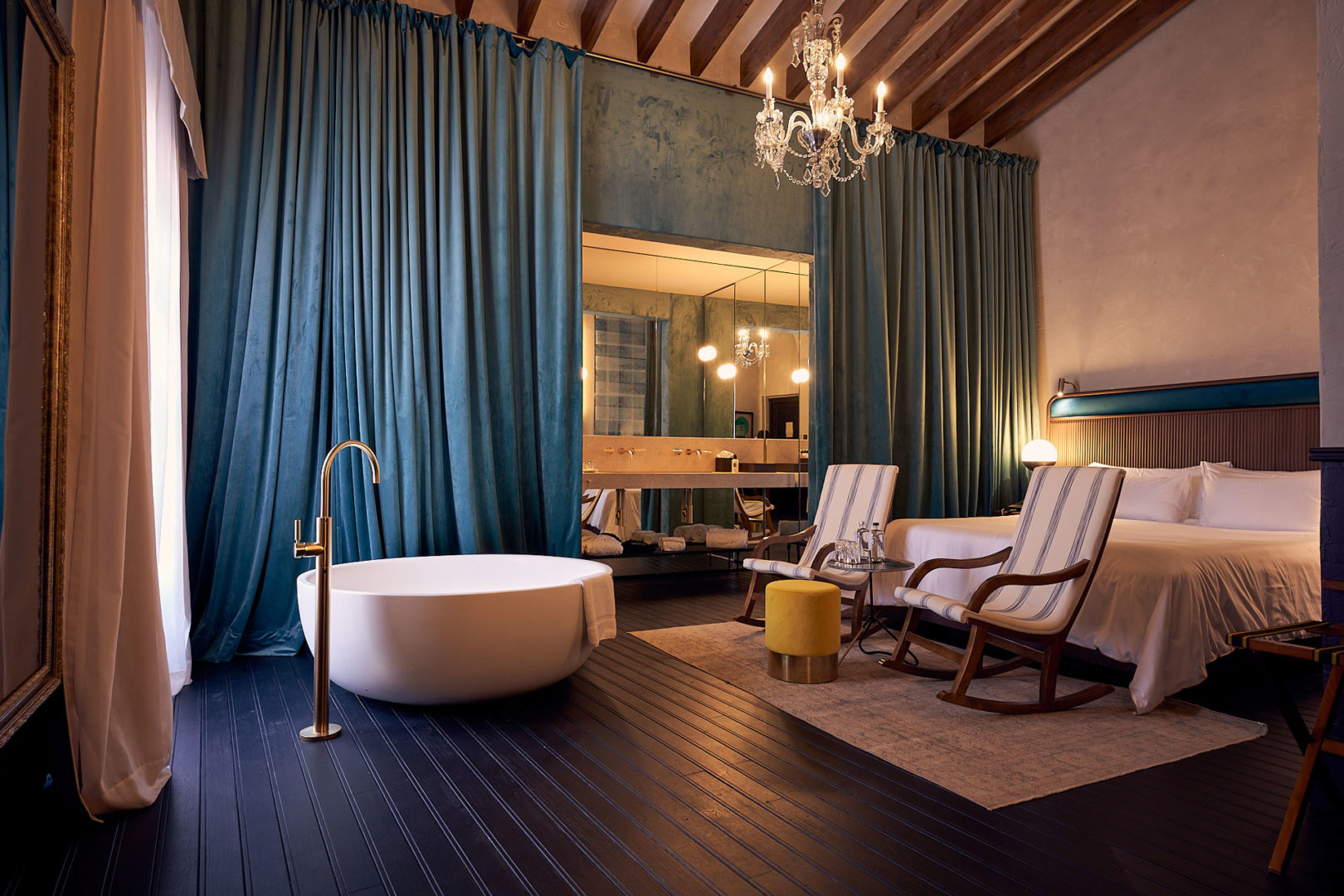
LOKALER LUXUS
Für Vicky Vilches, eine der internationalen Journalisten, die die Welt der Luxushotels am besten kennt, lässt sich das nicht verallgemeinern. „Ich denke, dass jeder Mensch Luxus anders schätzt, obwohl Qualität, Exklusivität und Service sicherlich immer einen Einfluss haben“, erklärt sie.
Was die Frage angeht, ob die Pandemie einen „neuen Luxus“ hervorgebracht hat oder nicht, glaubt Vicky nicht, dass es ihn als solchen gibt, aber sie glaubt, dass es einen „neuen Trend gibt, der offene Räume, die Qualität menschlicher Verbindungen und Zeit mehr wertschätzt“. „Mit den Menschen verbringen, die man wirklich schätzt oder liebt, und nicht so sehr den ganzen Tag herumspring-en und Stempel im Pass sammeln.“
Deshalb ist ihrer Meinung nach „Luxus jetzt lokaler geworden“. „Die Einschränkung der physischen Mobilität hat dazu geführt, dass diese Art von Kunden in ihren Ländern geblieben sind und beträchtliche Summen in Luxushotels ausgegeben haben, die ihnen außergewöhnliche Erlebnisse beschert haben.“ Dieser Boom der Lokalität hat laut Vicky dazu geführt, dass „nationale Reisende darüber nachdenken, ein Wochenende in Städten wie Palma de Mallorca zu verbringen und dabei die gleichen Dinge zu tun, die sie in der Vergangenheit in anderen Luxusdestina-tionen wie New York, London oder Paris getan haben:
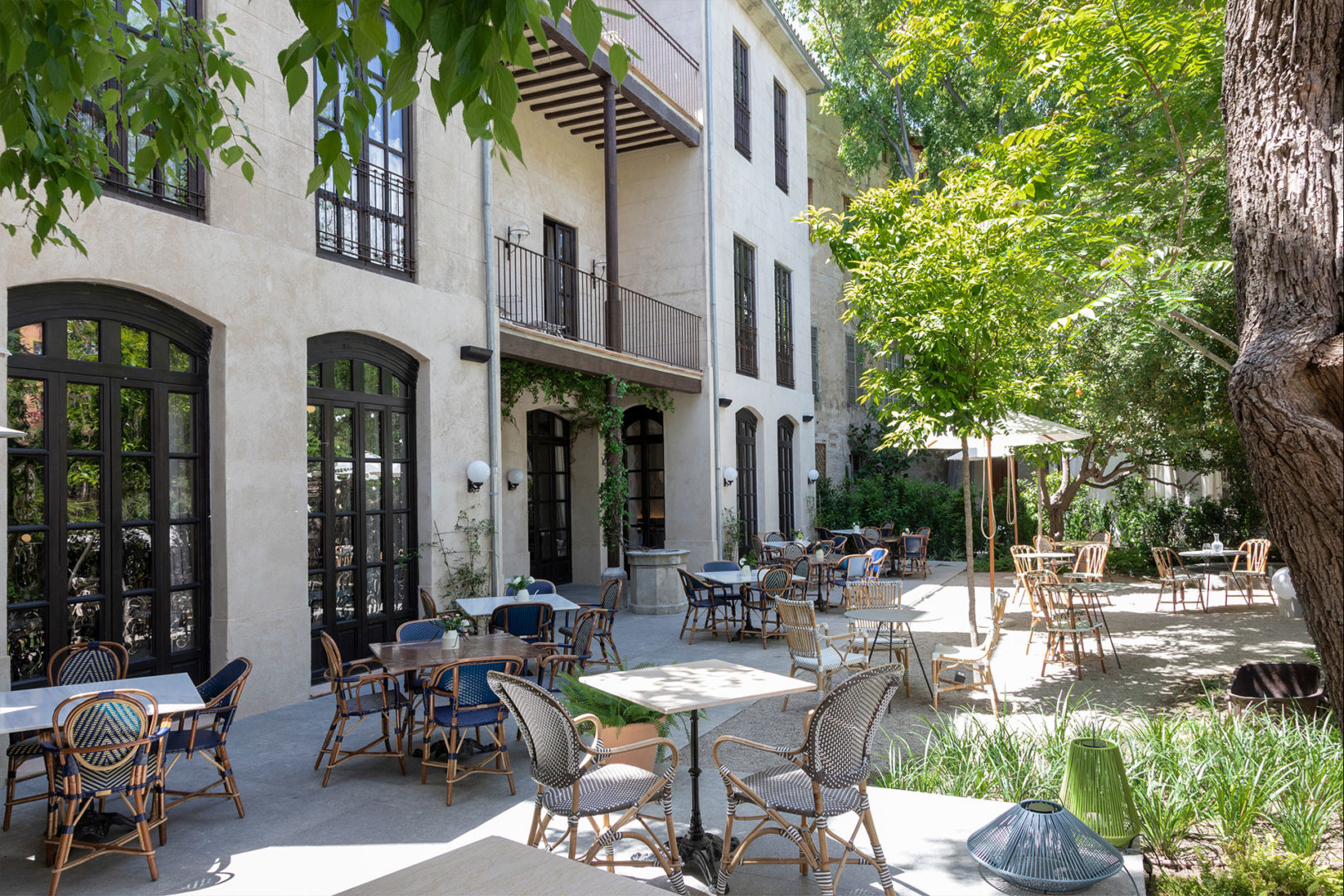
UNIQUE EXPERIENCES AVAILABLE JUST FOR A FEW
For Juan Carlos Rodríguez, „current luxury is no longer about buying the most expensive bag or the most exclusive car, but about living a unique experience available just for a few”.
An objective to which individuals aspire, as explained by the French philosopher Yves Michaud in his book “The new luxury. Experiences. Arrogance. Authenticity”, “obsessed with pleasure, the need to exist and to be visible”.
Private visits to museums and workshops, exclusive tastings, or stories with soul, generated inside family buildings and palaces, are some of the initiatives that Juan Carlos Rodríguez considers “authentic luxury”.
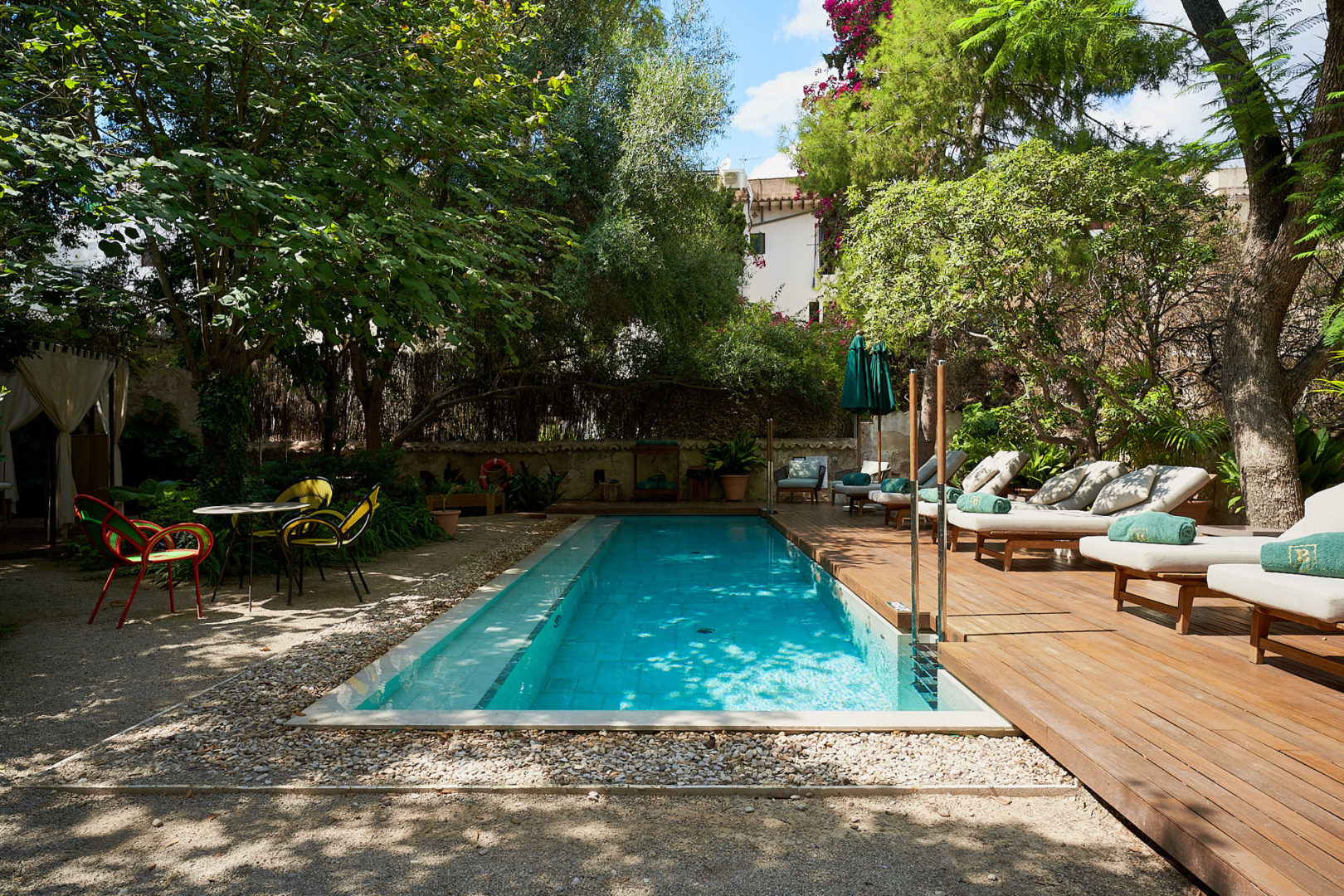
WARMTH, THE MAIN ATTRIBUTE OF LUXURY HOTELS
For David Moralejo, director of Conde Nast Traveler Spain magazine, „warmth is the new quality in the luxury environment„. A warmth that David, for whom „the pandemic has completely changed the perception of what we understand by luxury„, associates with „small hotels with careful interior design, which are perceived as a ‚home‚“. Those, he says, “are the favorites of an urban public, increasingly young, with high purchasing power, who have an aspirational attitude: they want to go to a specific luxury hotel, in the same way that they want to try a Michelin star restaurant. The hotel is the destination, and they choose to treat themselves to the experience of staying in it”.
According to David, this warmth is often accompanied by other elements such as “close treatment; the tranquility; the comfort of the rooms; the commitment to authentic and local cuisine; high connectivity, to respond to the growing demand for digital nomadism and teleworking; peace, a lot of peace, which we all need; and a real concern for sustainability, which coincides with the interest of many customers to minimize the impact of the carbon footprint”.
Finally, this prestigious journalist associates luxury with „proximity„, since he believes that the new trend is going to be „traveling to closer places, but traveling better„.
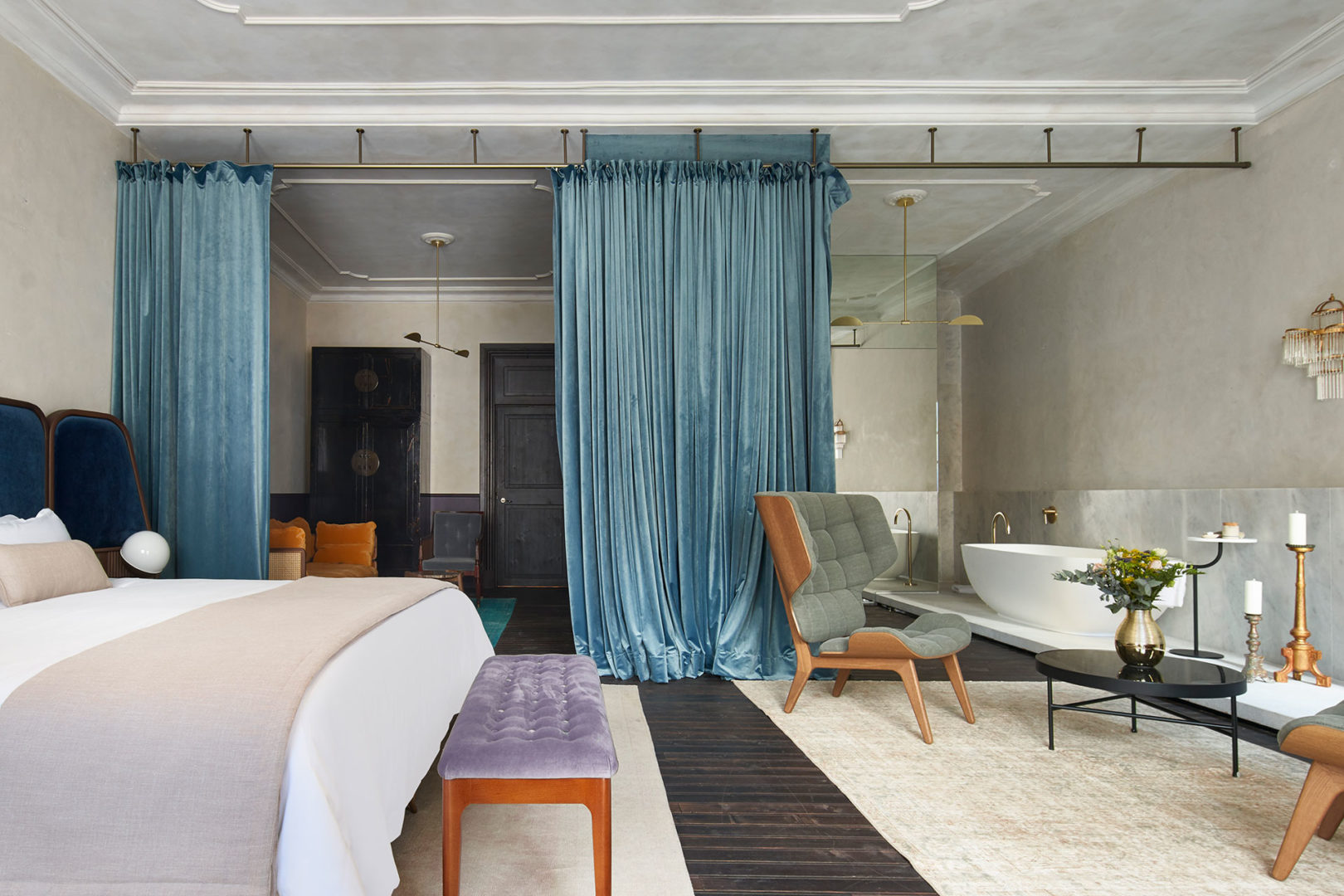
PRIVATE LUXURY, AND MUCH MORE DEMANDING
Finally, we wanted to know if the concept of luxury has also changed on the other side of the ocean, speaking with one of the professionals who knows the most about the hotel industry in the United States, Jeff Weinstein, editor-in-chief of the well-known magazine „Hotels“.
According to Jeff, “ultra-luxury consumers now want more privacy and security” in all services. “They want to do fitness and spa treatments, but privately, or even in the suite. They want to taste good food, but they prefer to do it outdoors, in the suite or on the beach”.
Another of the characteristics of current luxury is, for Jeff Weinstein, that it is much more demanding in terms of service, and luxury hotels have to make sure that they can provide it, „because this type of client expects the service and the comforts that correspond at the price they are paying, and they are ruthless”.
Discover the experiences that Can Bordoy Grand House & Garden offers you here.

